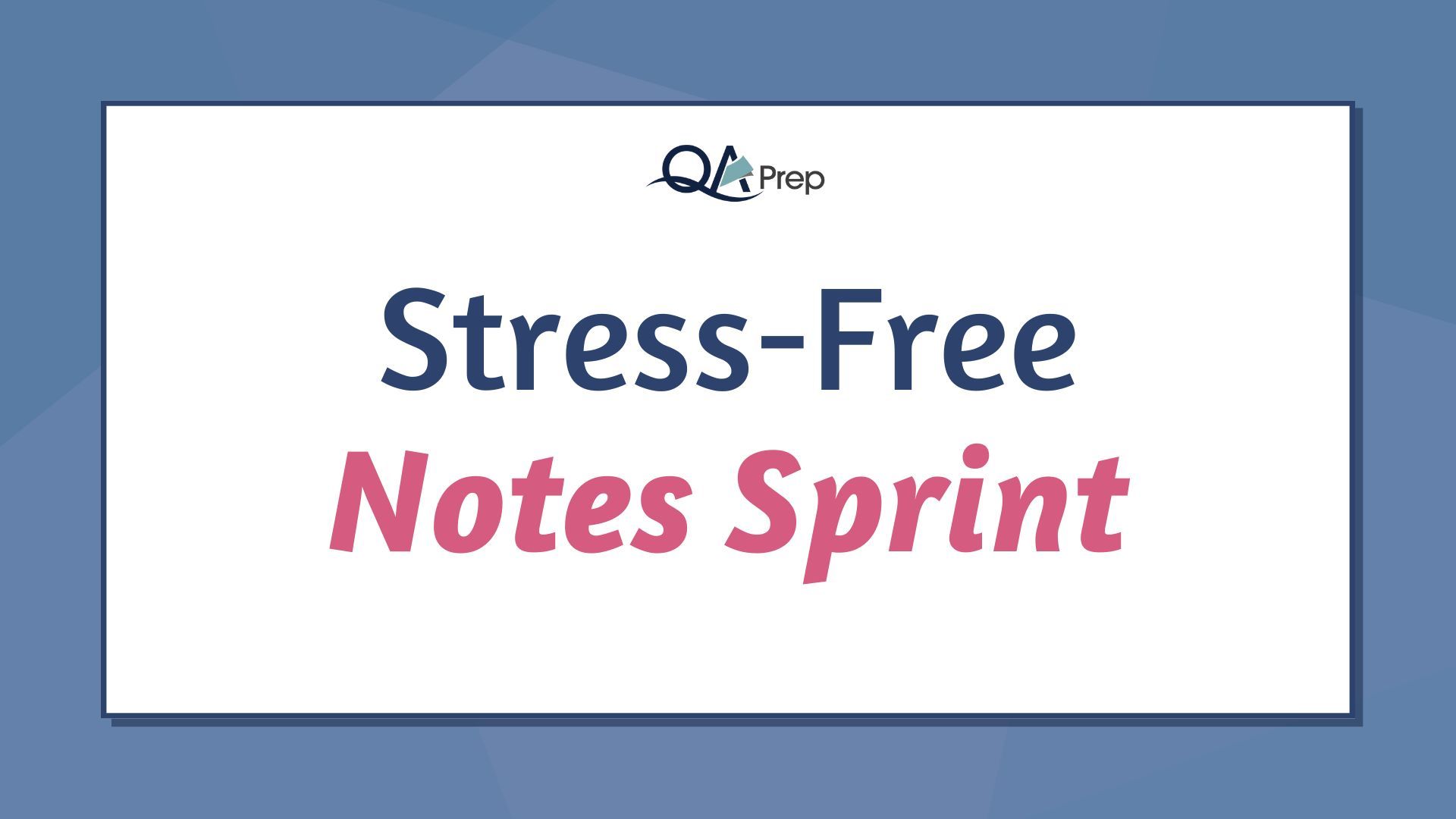The Mountain of Paperwork in Community Mental Health
May 24, 2014
Clinical documentation- mention it to most therapists working in community mental health and they will cringe. Along with that word comes mental images of being flooded with redundant paperwork, staying late to write progress notes (or worse yet, working from home), and having supervisors identify endless corrections needed. Few clinicians or supervisors will tell you they enjoy this aspect of their job. Fewer still will tell you they felt prepared for the demands of government-contracted requirements through their training in graduate school. Yet, ask any therapist with a client who has attempted suicide and they will tell you (perhaps begrudgingly) this is one of the most important aspects of their work.
Clinical documentation is invaluable when we need it most. Progress notes document our efforts to contact clients exhibiting high risk behaviors. Consultation notes document standard of practice and a rationale for our actions when “grey areas” appear. Mental status exams and assessments document the client’s history of symptoms and provide a course for treatment. Clinical documentation is a necessary tool for therapists working in the revolving door of community mental health.
However, many therapists find the paperwork difficult to maintain. They don’t see the connection between the clinical work and the forms they’re required to complete. They feel drained and overwhelmed by the daily paperwork requirements.
If you are a clinician working in community mental health and find yourself becoming overloaded with paperwork, try following some of these steps:
- Prioritize your paperwork according to it's importance.
- Talk with your coworkers to see what tips they find useful.
- Do your best to keep interactions with your coworkers positive.
- Decide from the beginning that you will NOT fall into the trap of “fudging” the time you bill by 10-20 minutes here and there.
- Be honest with yourself regarding your strengths and weaknesses.
- Engage in self-care.
- Stay connected with your colleagues.
Make sure you talk with your supervisor from the beginning about your struggles to get the support you need. Seek out extra training and consultation. Your agency may offer refresher trainings or, if you’re in the L.A. area, you can check out the upcoming workshop I’m doing on documentation (trust me, I try to make it as fun as possible!). You can also sign up for the QA Prep Newsletter (and get access to my free paperwork crash course) to get tips on making documentation easier and more relatable.
Don’t be afraid to evaluate different job options if you find you’re a round peg trying to fit into a square hole. When you’re less stressed, you’re providing better care for your clients. Keep the focus on being the best therapist you can be- in all aspects of your work and don't be afraid to ask for help when you need it. Happy writing, everyone!!

